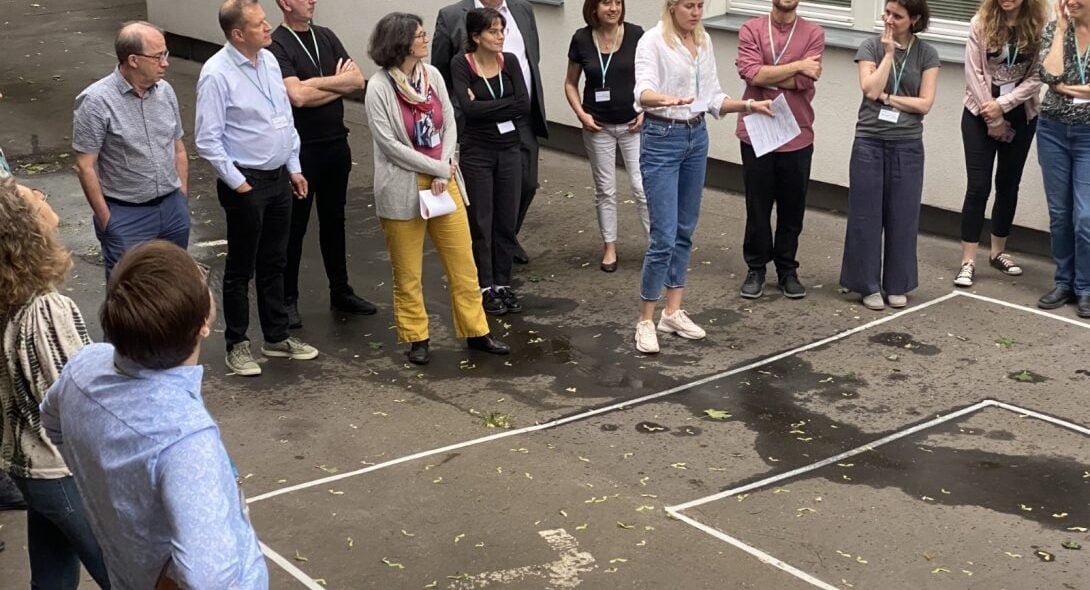
PLUS Change Project Launch & Kick off Meeting
The PLUS Change project—Planning Land Use Strategies: Meeting biodiversity, climate and social objectives in a changing world—a collaborative Horizon Europe project involving representatives from 14 countries and 23 institutions, commenced with a highly successful kick-off meeting held in Prague from June 12th to 14th.
Over the course of these three days, participants gathered to introduce the project, present the 12 diverse case studies, outline the Work Packages, and establish the activities and objectives to be achieved over the project’s four-year timeline. This press release offers an overview of the project, along with key takeaways from the event.
About the PLUS Change Project
PLUS Change is funded by the Horizon Europe programme and aims to develop strategies and decision-making processes for land use that effectively address challenges related to climate change, biodiversity, and human well-being. By bringing together diverse stakeholders and examining case studies from various regions in Europe, the project emphasizes the interconnectedness between urban, regional, and peri-urban areas. The overarching goal is to generate knowledge and drive transformative change towards a sustainable world.
Throughout the project, we adopt a social perspective to understand how values, knowledge, governance, powers, and roles of different actors interact to influence land use decisions. We strive to recognise the diverse needs and values associated with land use, considering the consequences of effective interventions and good governance. Our approach to land use planning takes a long-term, dynamic perspective, considering social and physical changes over time, trade-offs, synergies, and expected/desired climate and biodiversity trends.
The PLUS Change project aligns closely with the 2021 EU Strategy on Adaptation to Climate Change and its call for a smarter, faster, and more systematic approach to address the inevitable impacts of climate change impacts across all levels of governance. The project specifically aims to enhance our understanding of how land use planning and related decision-making can play an optimal role in “building a more resilient tomorrow”.
To achieve these objectives, the PLUS Change project has adopted a highly transdisciplinary project design and co-creation of research solutions with stakeholders from 12 different practice cases spready throughout Europe. Our 12 Practice Cases are real-world examples of land use decision making and action within a geographic area, and include Amsterdam, NL; Nitra City, SK; Flanders, BE; Kaigu Wetland, LV; Parc Ela, CH; Lucca, IT; Green Karst, SI; Three Countries Park, DE, BE, & NL; South Moravia, CZ; Surrey, UK; Ile de France, FR; Mazovian Region, PL. By integrating these components, the project aims to facilitate both learning and the development of policy and solution-oriented outcomes.
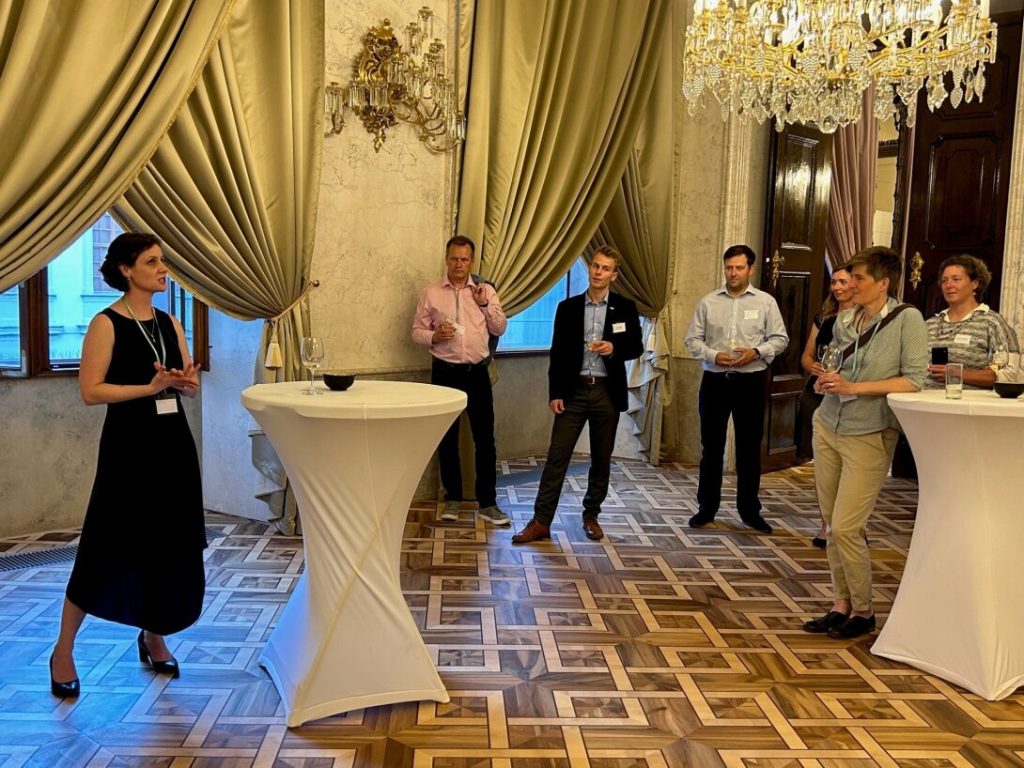
Kick-off Meeting Recap
The three-day meeting started with the arrival of participants at the Technology Centre Prague, where they gathered for a lunch. The session began with a warm welcome and an introduction of each partner, highlighting their respective organizations, their roles within the PLUS Change initiative, and their objectives. Additionally, there was an introduction from the European Commission on the PLUS Change key implementation aspects, followed by insights into the management structure of the project. The first day concluded with a Wine reception held at the prestigious Clam-Gallas palace, opened to diplomats and scientific representatives based in Prague.
The second day of the meeting centred on presentations from the practice cases, offering valuable insights into the challenges confronted by the regions and their expectations in participating in PLUS Change. Moreover, presentations were given by the different Work Packages, providing an overview of the primary tasks, deliverables, and objectives. These presentations also emphasized the interconnectedness and interdependencies across the various packages.
To conclude the day, partner organization, the Konrad Lorenz Institute for Evolution and Cognition Research (KLI), led a session focusing on transdisciplinary integration, fostering mutual learning processes, and creating collaborative spaces that prioritize safety and inclusivity.
The final day laid the groundwork for project communication, dissemination, and exploitation, also highlighting the Creative Planning and Engagement Program, Possible Landscapes, led by partner Biobased Creations. The Kick-off meeting came to a successful close, leaving the participants with a clearer vision of the project’s objectives and next steps.
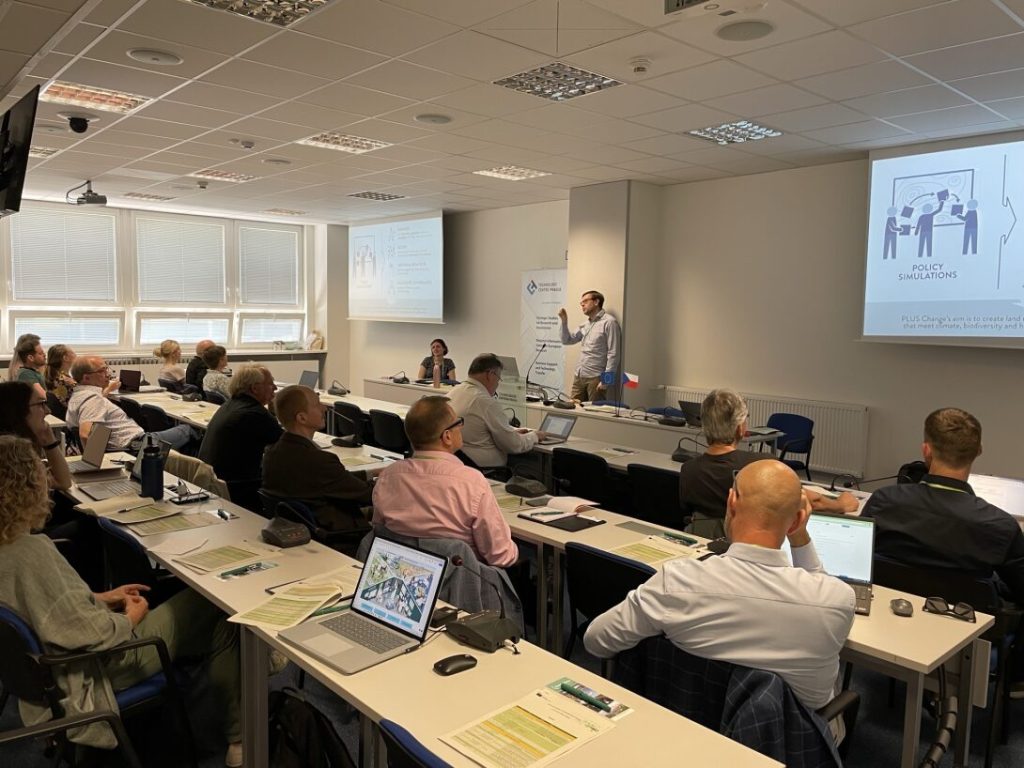
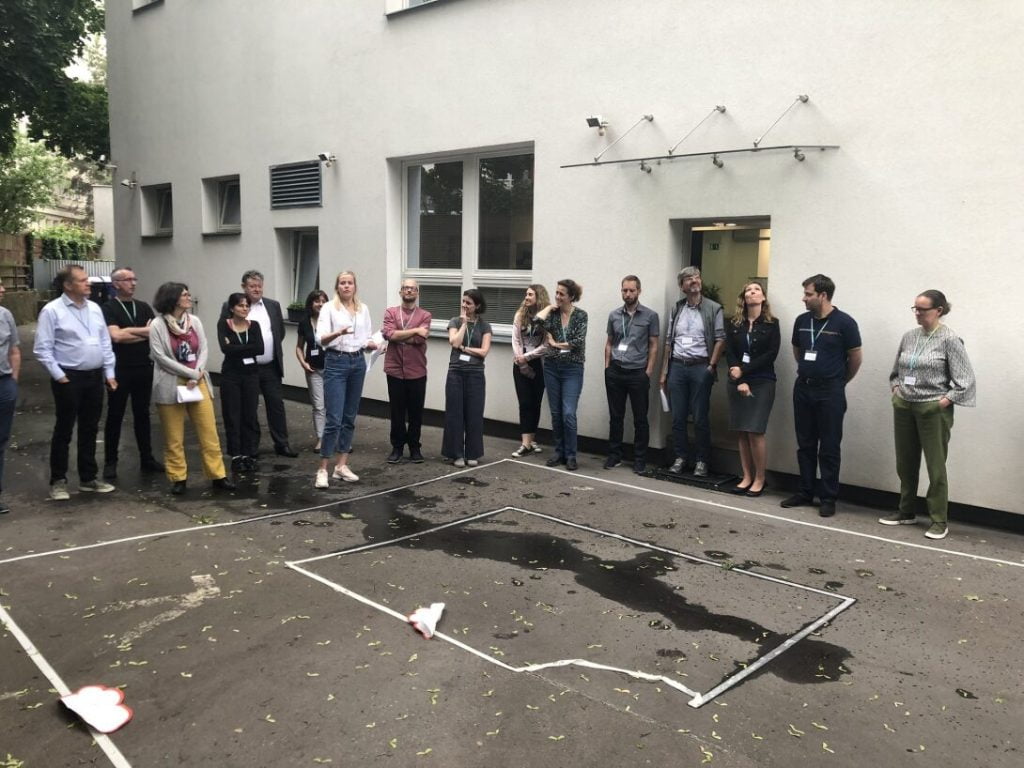
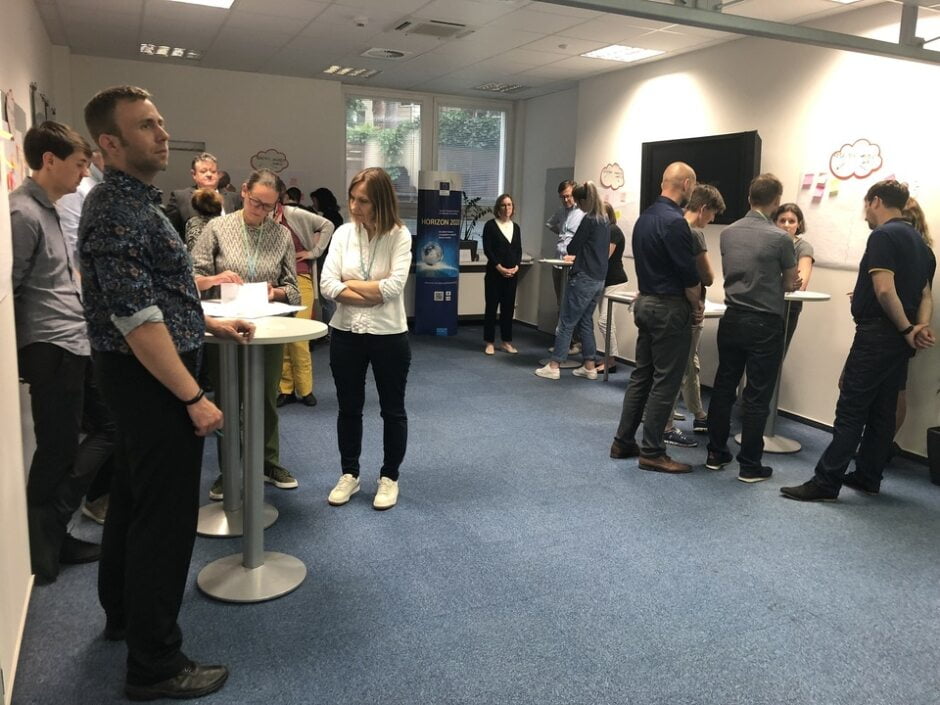
Stay tuned for updates from the project and be sure to give us a follow on our new social media accounts!